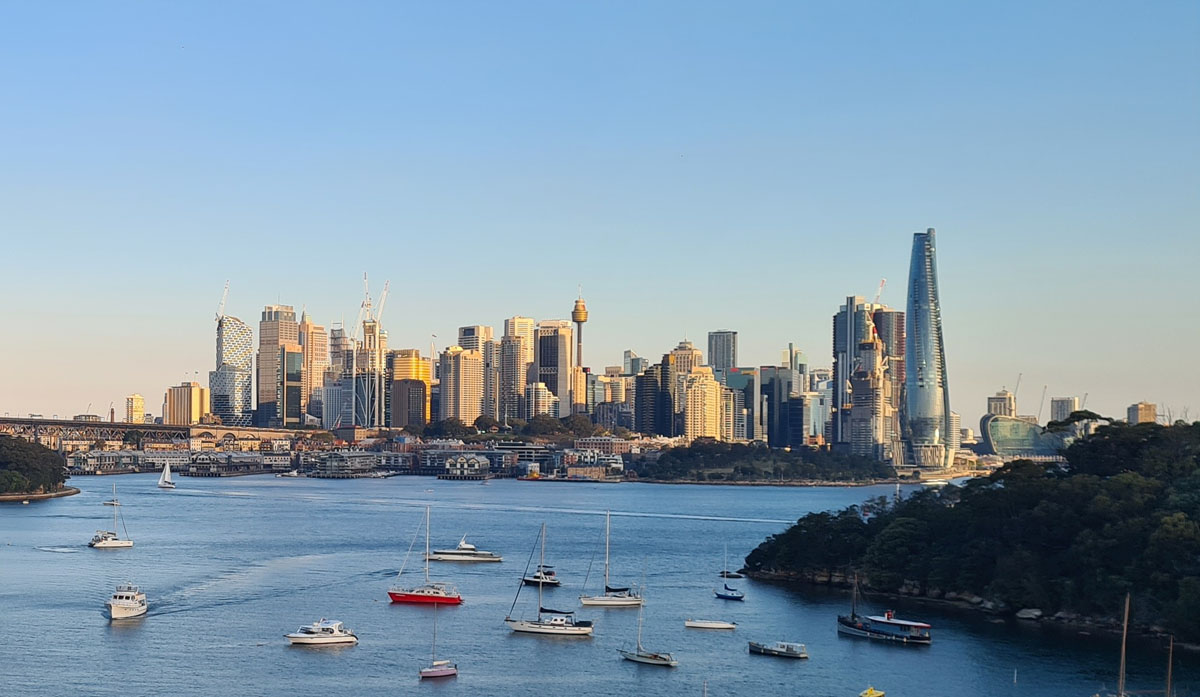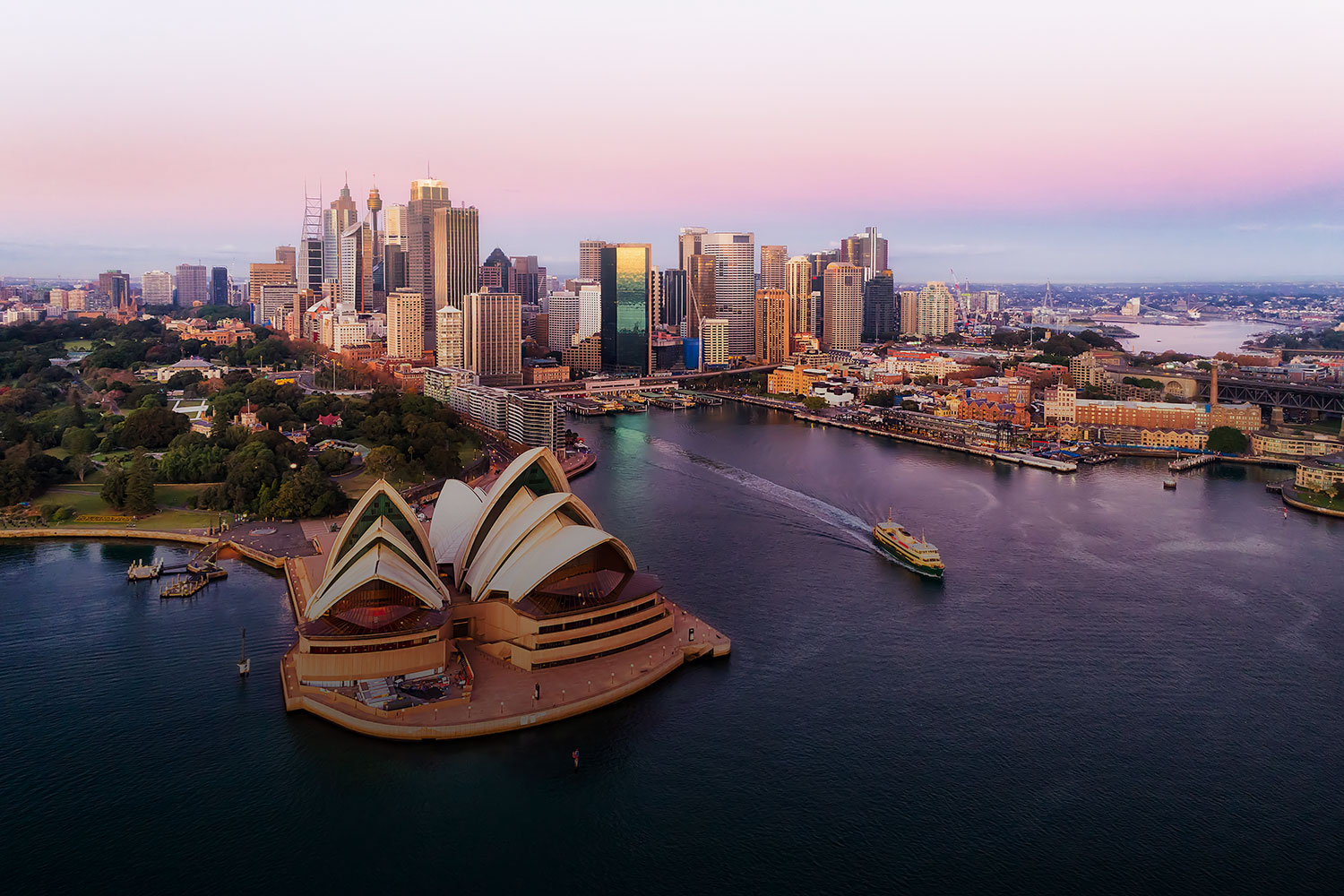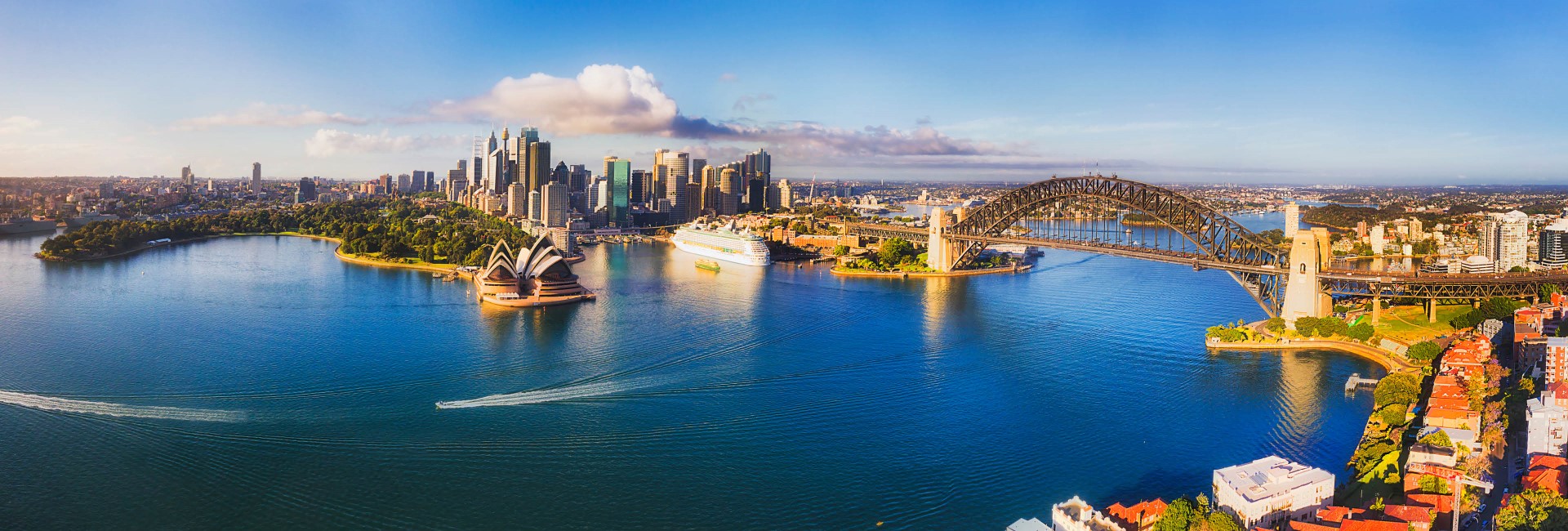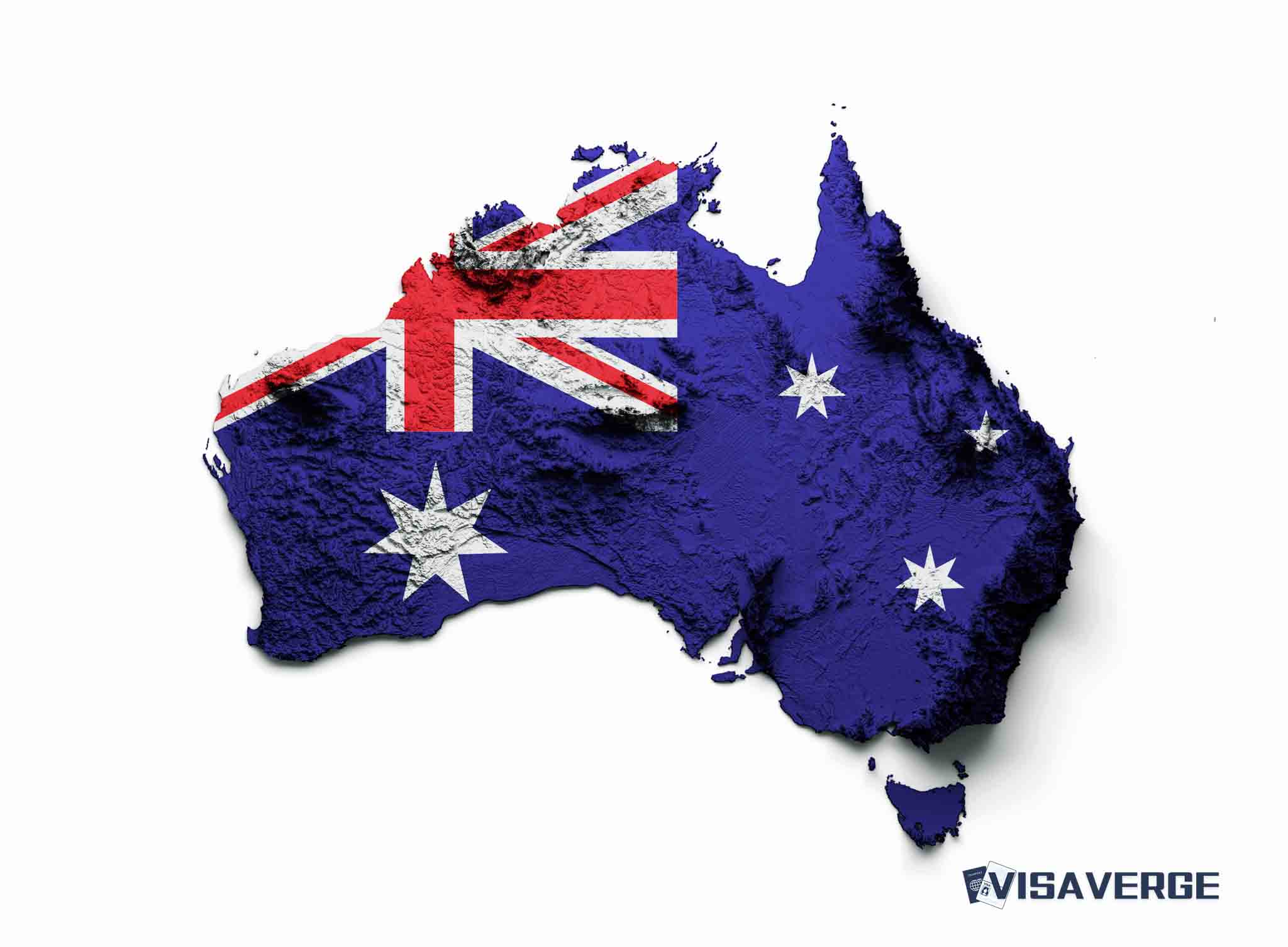Table of Contents
- History of Australia: Aboriginal to Modern - Worlds History
- What’s Different About Partnerships in Australia? | Partnerize
- Australia
- The Impact of Climate on Immigrants' Living Conditions in Australia
- Australia
- Australia
- How to get PR in Australia and become Australian citizenship ...
- How to See Australia in a Week
- Australia | Round The World Destinations
- Study in Australia - Study in Australia Consultancy

Australia, a country known for its stunning beaches, unique wildlife, and vibrant culture, is a popular destination for travelers and a fascinating subject for those interested in geography and history. The World Factbook, a reliable source of information on countries around the globe, provides an in-depth look at Australia, shedding light on its history, economy, geography, and more. In this article, we'll delve into the key facts about Australia, as presented in The World Factbook, and explore what makes this country so remarkable.


Geography and Climate

Australia is the world's sixth-largest country, covering an area of approximately 7,692,024 square kilometers. It is situated in the Southern Hemisphere, comprising six states and two territories. The country's diverse geography ranges from tropical rainforests to deserts, with the famous Great Barrier Reef, the world's largest coral reef system, located off its eastern coast. The climate varies significantly across different regions, from the hot and humid north to the mild and temperate south.


History and Government

Australia has a rich and complex history, with evidence of human habitation dating back at least 65,000 years. The country was inhabited by indigenous Aboriginal and Torres Strait Islander peoples before the arrival of European settlers in 1788. Today, Australia is a federal parliamentary constitutional monarchy, with Queen Elizabeth II serving as the head of state and a prime minister as the head of government. The country has a strong economy, driven by service industries, mining, and agriculture.


Economy and Demographics
Australia boasts a high standard of living, with a GDP per capita of over $51,885 (2020 estimate). The country has a diverse economy, with major industries including finance, manufacturing, and tourism. The population of Australia is approximately 25.7 million people, with the majority residing in urban areas. The country is known for its multicultural society, with people from various ethnic backgrounds contributing to its vibrant culture.

Unique Features and Attractions
Australia is home to some of the world's most unique and fascinating features, including the iconic Sydney Opera House, the Great Ocean Road, and the famous kangaroo and koala populations. The country is also known for its beautiful beaches, such as Bondi Beach and Surfers Paradise, and its world-class cities, including Melbourne, Sydney, and Brisbane. Australia's natural wonders, including the Blue Mountains and the Pinnacles Desert, make it a paradise for outdoor enthusiasts and nature lovers.
Australia, as presented in The World Factbook, is a country of incredible diversity and beauty. From its stunning geography and unique wildlife to its vibrant culture and strong economy, there's no shortage of fascinating facts about this amazing country. Whether you're planning a trip to Australia or simply interested in learning more about the world, The World Factbook provides a comprehensive and informative resource. So why not start exploring the land down under today and discover the wonders of Australia for yourself?
Key Facts about Australia:
- Capital: Canberra
- Population: approximately 25.7 million people
- Area: 7,692,024 square kilometers
- Language: English (official)
- Currency: Australian dollar (AUD)
Source: The World Factbook, a publication of the Central Intelligence Agency (CIA), provides accurate and up-to-date information on countries around the world, including Australia.